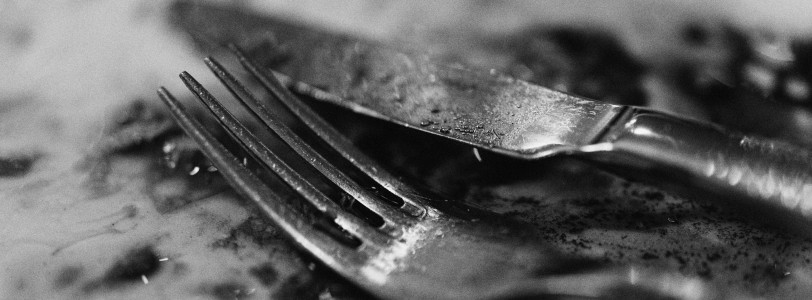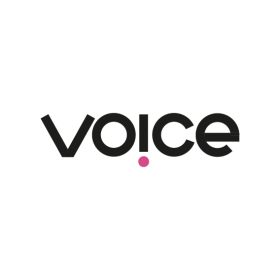It’s EDAW, or Eating Disorder Awareness Week around the country. This year, the nation’s eating disorder charity, Beat, are asking the question: why wait? From accepting that your own behaviour isn’t normal, to sharing symptoms with those around you, seeking treatment or even just swallowing that mouthful, eating disorders play on waiting. I had badly disordered eating for the best part of 10 years, and anorexia for 5 of those. I lied, manipulated and frankly starved my way through much of my childhood and most of my adolescence, with both the anorexic and the dying parts of me waiting for change.
The further along the path of recovery I become, the more I realise it was a waiting game for those around me too. Waiting for somebody else to step in, waiting until I broached the subject, maybe even waiting for me to die. I can understand that to someone with little or no experience of the ED world this seems dark, depressing, and perhaps melodramatic. This is the life of those affected. In my recovery, one of the most helpful things I came to terms with was that anorexia has two destinations: recovery or death, and with the highest mortality rate of any single psychiatric condition, the latter is a very real possibility.
This is why it is so vital for those affected to act now. Whether you’re sick, a friend or family member, teacher, colleague, housemate or peer of someone who is, you simply do not have the time to wait. An eating disorder will not hesitate to wholly consume its host for fear of upsetting it, just like you cannot afford to hope that it will go away. It won’t. I waited because it was easy, because it avoided internal conflict. I waited for my ‘ana’ to stop controlling me, I waited for ‘her’ to take over completely and let me die too. I waited for someone around me to take control, I waited until I’d totally shut them out too. I waited for the doctors to finally notice my ribcage, for someone to take care of me, for the number on the scale to change and I waited until I could count my bones, until I was hospitalised and until parts of me started failing too. I waited, thinking the next morning would never come. And then it did. And then someone helped me make a choice.
He didn’t wait. He helped me realise that life didn’t have to be calorie counting and weigh ins. I was lucky, I waited and something good came long. I have had friends who weren’t. Knowing someone with an eating disorder is hard work. It’s painful and it’s tiring and frustrating and in some ways I think harder than actually having the diagnosis. But my story, like so many others with positive outcomes or not, show that waiting is plain dangerous. I knew someone that as a result of a mistake died waiting over a weekend. I think it’s important to stress urgency here, while it’s uncommon for cases to change that rapidly, a few days can be the difference between being able to emotionally reach someone, and their ED having formed near impenetrable walls. ‘On average, 149 weeks pass before those experiencing eating disorder symptoms seek help.’ (Beat) If you can encourage that person to reach out sooner, you are doing them a service for the rest of their life.
Beat have a comprehensive list of advice for those suffering and those wanting to help which I’d highly recommend if you need further information or tips on where to start.
Otherwise, my general advice to family/peers would be:
Do not pussy-foot around the subject as that can be offensive and annoying to the sufferer,
Talk to them in a safe, quiet and neutral environment,
Educate yourself on the nature of their ED beforehand, but remember you are no expert and they will often have done their own research
Do not force them to eat, as you’re likely to push them away
Remind them of their importance to you and others
Support them with going to medical appointments and chasing up any waiting lists/referrals
Support them with obtaining any documentation needed for school/work
To those suffering:
Your eating disorder is not your friend. It will ruin your life at best and kill you at worst
Speak to someone you trust, and if you can’t verbally articulate, try writing it down
Medical professions are there to help you move forward with your life, be honest and open
You’re worth it. The effort of recovery, that piece of chocolate, each lb on the scale - you’re worth it
Recovery is possible but it’s hard work - no slacking!
You are not just the boy/girl/man/woman with the eating disorder, there was a whole and complete you without it before it took hold, and there is a whole and complete you after it - your ED is not your identity
You will have to re-learn so many things in your recovery, but with each one comes a new opportunity for fun and joy
Why wait? Act now. You might be saving a life.
Image: Matthias Ripp










This is absolutely brilliant. I'm making sure everyone sees this and understands that they are not alone.